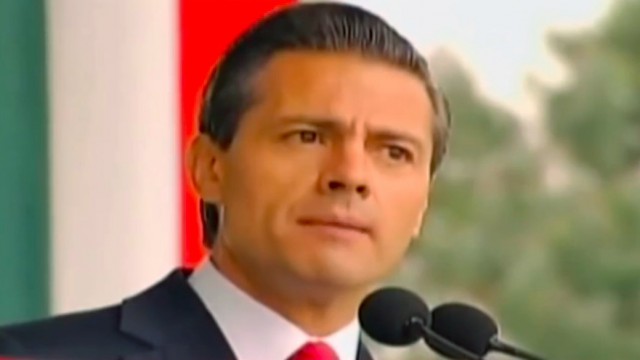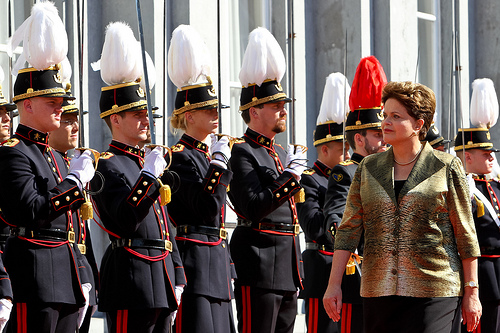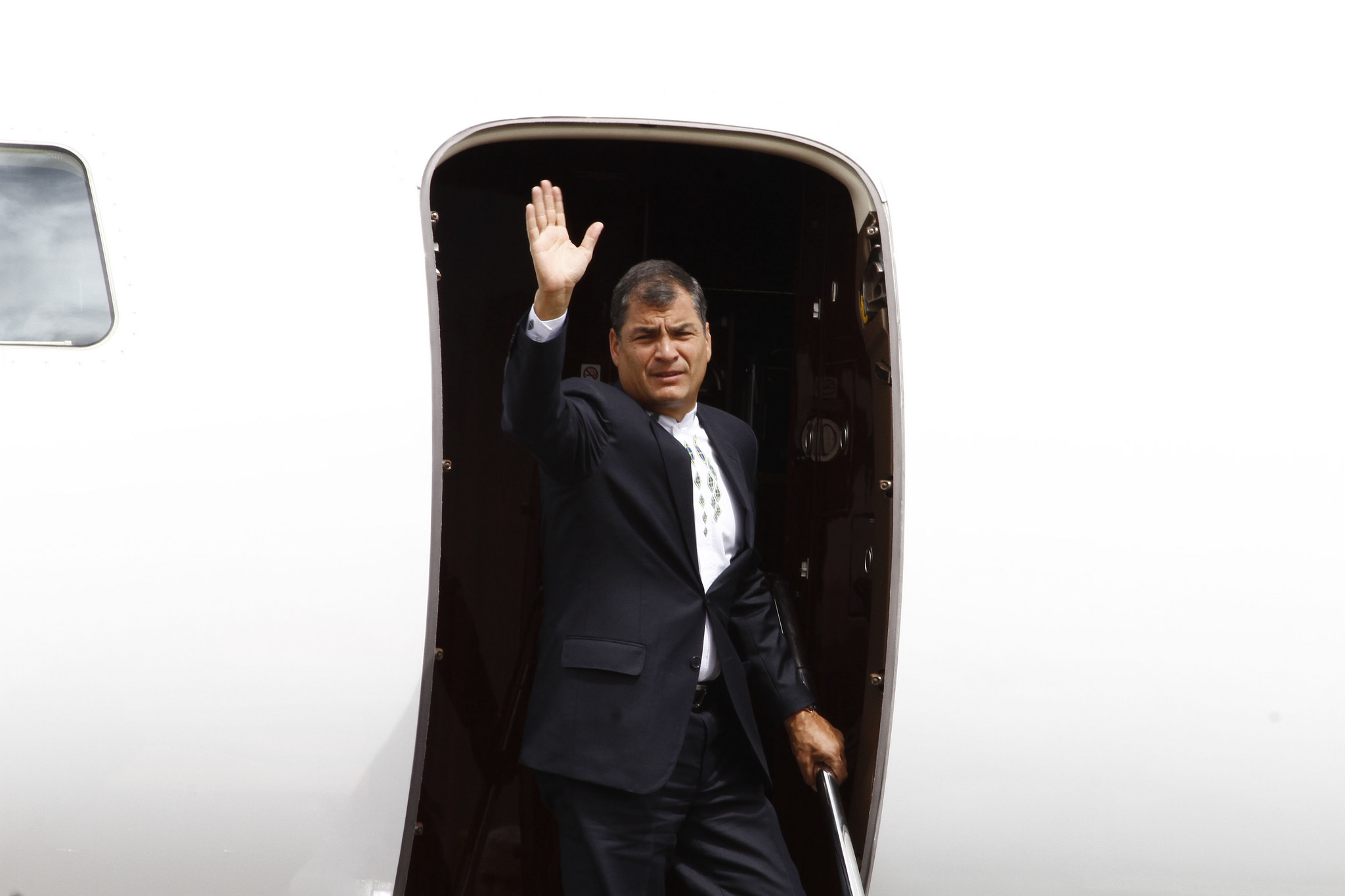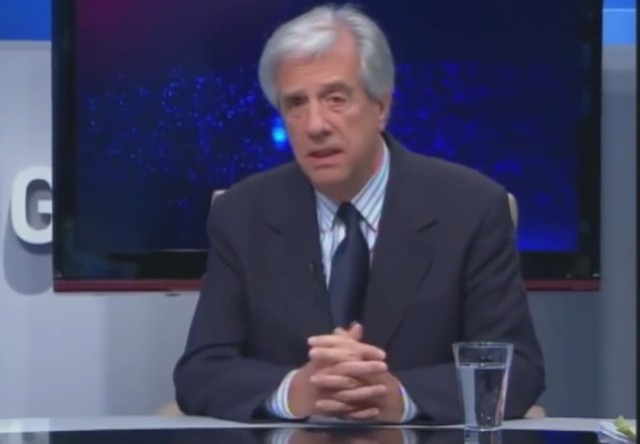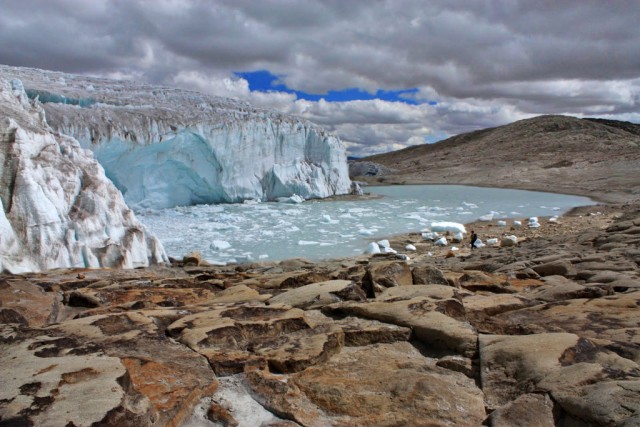
Andes, News Briefs, Peru
On the Eve of U.N. Climate Summit in Lima, Concerns Over Climate Change in Latin America
December 1, 2014 By Dusty Christensen
U.N. negotiators will meet this week in Lima, Peru, to begin the latest round of talks aimed at stopping climate change, and diplomats are expressing increasing optimism that a legally binding deal can be struck after decades of negotiations. The effects of climate change are already being felt across the world, and Latin America is one of the regions most vulnerable to the impacts of rising temperatures, according to a recent World Bank report.
The U.N. has held annual climate change summits since 1992, hoping to slow greenhouse gas emissions with agreements like the landmark 1997 Kyoto Protocol, which expired at the end of 2012. The upcoming meeting in Lima, which will last two weeks, is the last chance for a new agreement to be reached before next year’s summit in Paris, when any deal is to be signed.
However, previous efforts like the Kyoto Protocol have failed to place enforceable requirements on emission cuts, and experts say that they have done little to halt runaway climate change. The current talks come amidst what The New York Times calls the “grim reality” that any agreement in Lima would be unlikely to prevent the devastating near-term impacts of climate change.
Those impacts are already being felt in Latin America.
Increasing temperatures have facilitated the spread of a plant fungus that is destroying coffee crops throughout the region. Glacial ice in the Andes mountains is melting at unprecedented rates, threatening water supplies for thousands.
Countries across Latin America are facing water crises as the frequency and intensity of droughts are exacerbated by climate change. São Paulo is in the midst of its worst drought in 80 years, several Central American countries are experiencing large scale crop losses because of drought and residents in northern Colombia clashed with police in August over claims that the government wasn’t adequately helping them after over two years without rain.
Several countries in the region have begun to implement policies aimed at addressing climate change. In 2012, Mexico became the second country in the world to pass a climate change law. Countries like Costa Rica have considered similar legislation.
Critics, however, say that the laws don’t go far enough.
The host country of the current talks, meanwhile, has drastically rolled back environmental protections. On July 3, in an attempt to attract investment into the country’s large extractive industry sector, the Peruvian Congress passed several controversial laws that strip the Ministry of Environment of regulatory power and jurisdiction over water, air and soil quality.
Known in Spanish as the “paquetazo” in reference to similar reforms in the 1980s and 1990s, the package of laws directs the ministry to prioritize “preventative” policies over disciplinary actions, a move that has been criticized by the U.N. The laws also give tax breaks to large, multinational mining firms, who own mining rights to more than half of the land area of some Peruvian states.
Peru has also become increasingly dangerous for environmentalists. A recent report by nonprofit Global Witness named the country as the fourth deadliest in the world to be an environmental or land activist.
The U.N. Intergovernmental Panel on Climate Change released a report earlier this month detailing the disastrous impacts climate change will have on ecosystems and people in the future. The scientific panel says swift international action to halt greenhouse gas emissions is needed to avoid severe and irreversible damage to the ecosystem that would have disastrous consequences for populations across the globe.
It’s with this information that delegates from 196 countries meet in Lima, as observers wonder whether they’ll agree on a binding deal in the coming weeks.
Image: Edubucher, CC BY-SA 3.0
About Dusty Christensen
Dusty Christensen is a writer based in New York City, and a producer of LAND's podcast, Radio Dispatch. His work has appeared at The Nation magazine, NPR's Latino USA, Eight by Eight magazine and Alternet, among other places. He speaks English, Spanish, Russian and Ukrainian with varying degrees of success, and is currently a Quechua-language FLAS Fellow at New York University.
Next Article >
